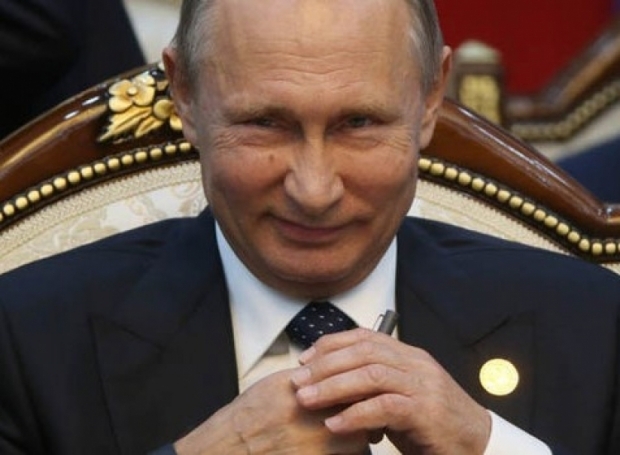The head of the Russian department responsible for identifying threats to the "stability, security and integrity" of the internet, has revealed the extent of the Kremlin's VPN crackdown. This is a little odd as the stability, security and integrity of the internet is not threatened in countries where VPNs are permited.
Former FSO officer Sergei Khutortsev, a central figure in Russia's 'sovereign internet' project, confirmed that 167 VPN services are now blocked along with over 200 email services. Russia is also reported as stepping up measures against protocols such as OpenVPN, IKEv2 and WireGuard.
An in-depth report published by TheIns.ru has details of the monitoring/blocking system reportedly deployed in Russia, how much it costs (4.3 billion rubles/$43 million in 2020, 24.7 billion rubles/$247 million for 2022-2024), and the names of the companies supplying the components.
The publication also obtained original documents that apparently show some of the protocols Russia initially intended to block. They include older VPN protocols IPSec, L2TP, and PPTP, plus the BitTorrent protocol still widely used today.
The full report on the system, which reveals the use of Intel chips/chipsets in 965 servers manufactured by Huawei and already purchased by Russia, plus another 2400+ servers for 2023/24, is available here.

